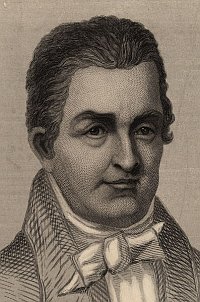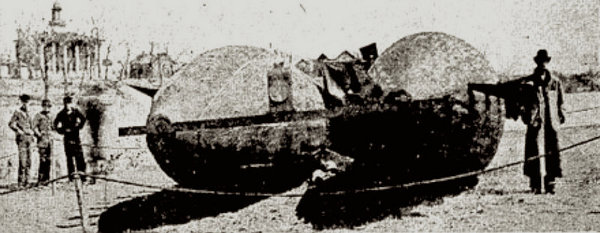
If you touch a gold ball, you touch its surface and you touch gold. It seems reasonable to conclude that the surface is made of gold. But University of Exeter computer scientist Antony Galton points out that the surface is two-dimensional; it can’t contain any quantity of gold.
What then is it? We can’t say it’s the outermost layer of gold atoms, for that’s a film with two surfaces. And we can’t say it’s an abstract boundary with no physical existence, for we can see it and touch it. So what is it?
J.L. Austin asked, “Where and what exactly is the surface of a cat?”




